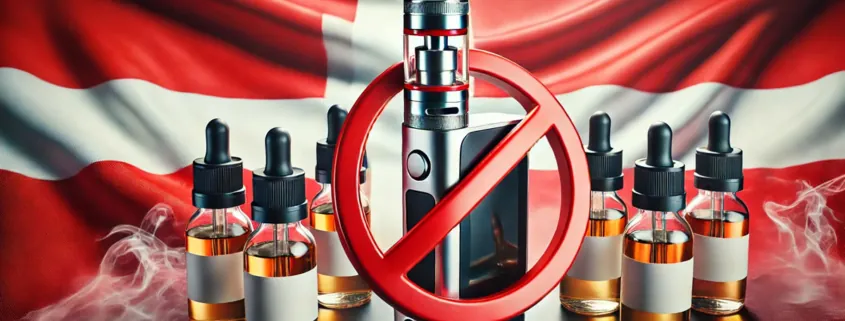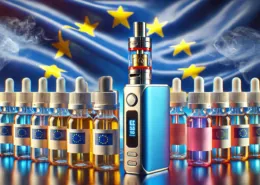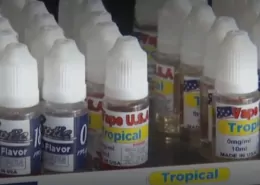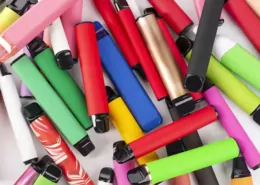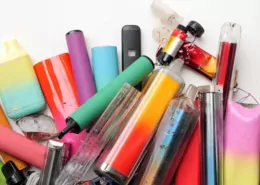Denmark Approves Flavor Ban and Steep E-Liquid Tax in New Tobacco Action Plan
The Danish Parliament has approved the Danish Health Authority’s “Tobacco Action Plan,” which includes a ban on flavored vaping products and a significant tax increase on e-liquids. The new restrictions, set to take effect in 2021 and 2022, have raised concerns among vaping advocates who fear the measures will make vaping less accessible and attractive to smokers looking to quit.
Under the new rules, the manufacture of e-liquids in flavors other than tobacco and menthol will be prohibited after April 1, 2021. However, existing stock may be sold until April 1, 2022. Additionally, Denmark will impose an e-liquid tax of 2.00 Danish kroner (approximately $0.32 US) per milliliter, effective in 2022. According to Dansk e-Damper Forening (DADAFO), the Danish vaping consumer group, this tax will increase the cost of a typical 10 mL bottle of e-juice from 30 kroner to 50 kroner (about $8.25), representing a 66 percent price hike.
Concerns Over Accessibility and Black Market Growth
Vaping advocates argue that the steep price increase will put vaping out of reach for many smokers, particularly those from lower-income backgrounds who may be hesitant to invest in a product without knowing if it will work for them. When the cost of vaping products approaches that of cigarettes, it eliminates one of the most significant competitive advantages of vaping as a smoking cessation tool.
DADAFO warns that the new regulations may drive vapers to seek alternatives, such as domestic black market products, illegally imported e-juice, or DIY e-liquid. Vapers caught importing prohibited products could face fines under the new law.
Additional Restrictions and Advertising Bans
In addition to the flavor ban and tax, the new law introduces several other restrictions on vaping products:
- Plain packaging will be required for all e-liquid and devices sold after April 1, 2022
- Vaping products must be hidden from public view in retail stores (it is unclear if this will apply to specialty vape shops)
- Online sellers can only market products with a written list of items and prices, without photos or graphics
- Customer comments, recommendations, and rating systems will be prohibited on websites selling vaping products
- Discounts and promotional pricing will not be allowed
- Advertising, including “indirect” advertising such as depicting characters vaping in TV shows and movies, will be banned
Growing Trend of Flavor Bans in Europe
Denmark is not alone in its move to restrict flavored vaping products. The Netherlands is also planning a flavor ban, while Estonia, Finland, and Hungary already have flavor bans in place. Lithuania’s parliament is close to debating flavor restrictions, and Germany’s drug commissioner, Daniela Ludwig, has expressed interest in reviewing the issue with the possibility of instituting a ban.
Furthermore, anti-vaping groups in Europe are pushing for flavor and other restrictions as the European Union prepares to revise the Tobacco Products Directive (TPD) in the coming year. Organizations like the European Respiratory Society and The Union, which share opinions and funders with American anti-vaping groups like Campaign for Tobacco-Free Kids, will attempt to include harsh restrictions in the updated TPD.
- Bestselling Vapes in UK After Disposable Ban: What to Stock 2025 - August 8, 2025
- Argentina Debates Stricter Vape Laws Amid Prohibition Failures - August 8, 2025
- Nigeria Advocacy Group Urged to Hike Tobacco & Vape Tax by 100% - August 8, 2025

